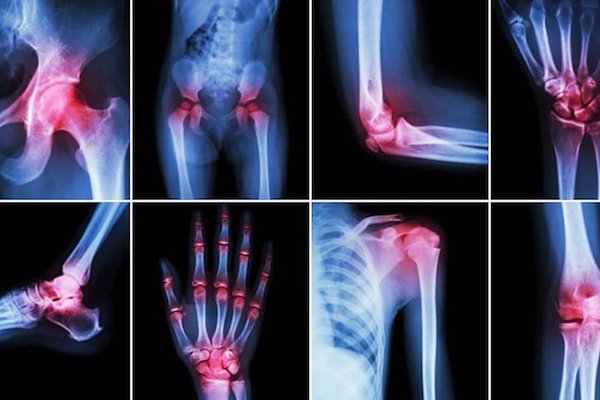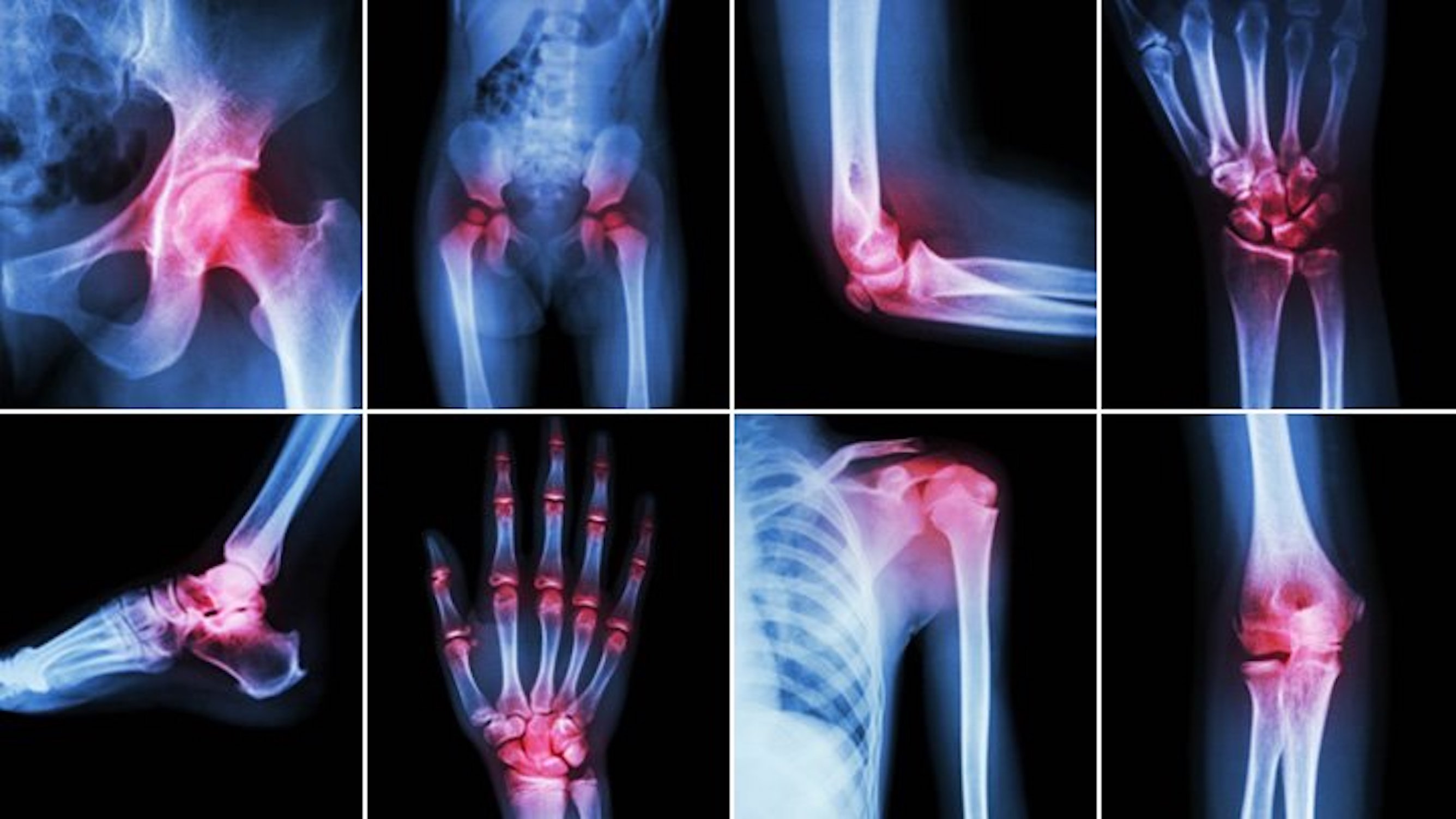Patients with chronic rheumatic diseases (CRD) had much lower seroprevalence of SARS-CoV-2 antibodies compared to blood donors, but had higher rates of depression, increased pain, and decreased exercise, according to a study.
“Patients with CRD, such as Systemic Lupus Erythematosus (SLE) and Rheumatoid Arthritis (RA), require special attention during the COVID-19 pandemic, as they are considered at risk of severe infections. We assessed the seroprevalence of severe acute respiratory syndrome coronavirus 2 (SARS-CoV-2) antibodies in patients with SLE and RA and patient behavior, disease-related symptoms, and mental health,” the study authors stated.
They evaluated 405 patients with RA or SLE and 513 blood donors, all of whom had their blood SARS-CoV-2 total antibodies measured (sensitivity 96.7%, specificity 99.5%). They also completed a questionnaire pertaining to behavior, anxiety, and symptoms of depression (PHQ-9), and patients in the CRD group also self-reported physical activity, adherence to medication, and disease-related symptoms.
Patients in the CRD group had a much lower seroprevalence of SARS-CoV-2 antibodies (n=1/365, 0.3%) than the blood donors (n=10.513, 1.9%) (P=0.03).
In the CRD group, more than half of patients said they could not exercise as usual. About a third of patients reported increased pain and a quarter increased disease activity. Nearly one in 10 patients took it upon themselves to reduce or terminate immunosuppressive treatments. The CRD group had a much higher prevalence of depression than the blood donor group (19% vs. 6.8%; P<0.001).
The results of the study were published in Arthritis Care & Research.
“Low seroprevalence in patients with CRDs indicates successful mitigation of exposure to SARS-CoV-2. However, this appears to occur at the expense of physical activity, experience of increased pain, disease activity, and symptoms of depression. There is a need for care providers to be aware of these negative side-effects and for further studies to investigate the possible long-term consequences,” the researchers wrote in their conclusion.
Credit: Original article published here.










